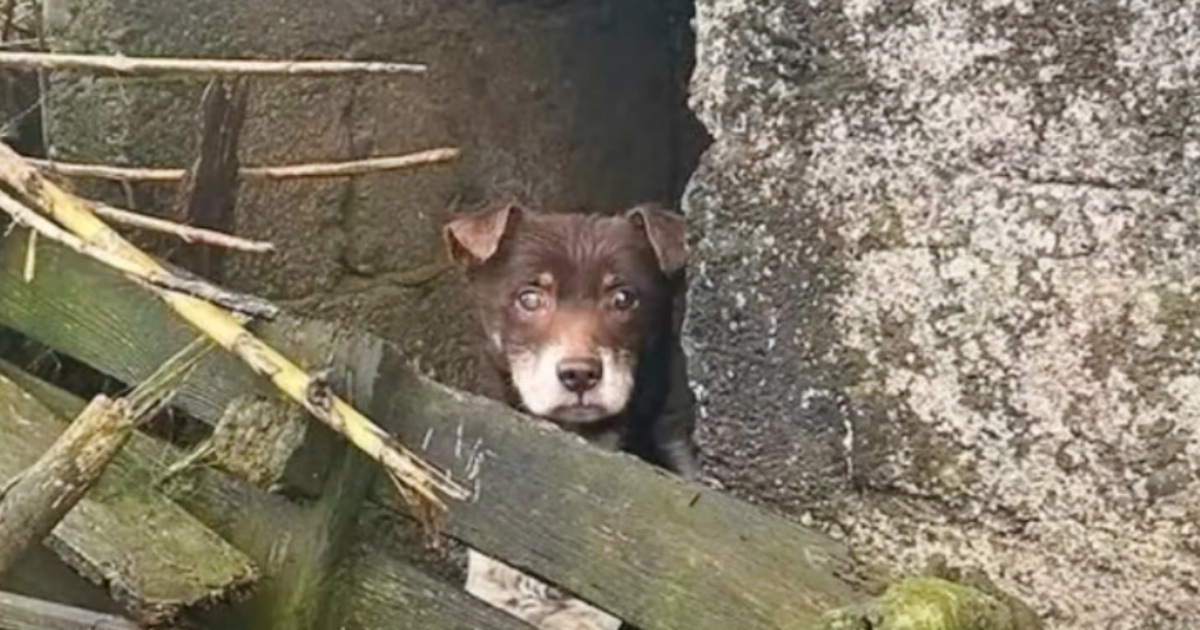May 8 is National Animal Disaster Preparedness Day and the Effingham County Animal Shelter hosted an event Wednesday to share how to keep your furry friend safe in the event of a disaster. “A well-trained dog is a dog that will listen to you and won't freak out,” said shelter director, Lorna Shelton. She believes, especially with hurricane season around the corner, it's never too early to prepare for disaster or a potential evacuation.At the shelter's event Thursday, her “prop” dog, Daisy, showed WJCL 22 News how to safely enter a crate, and the importance of it.Watch how to safely put your pet into a crate in the video above.”Putting them in there for short periods of time every day, making it comfortable. You never use (the crate) as punishment,” said Shelton on how often you should crate train. “If they do something, do not set your dog up for failure.”To make training easier, have a blanket to drape over the crate, the pet's favorite treat or toy, and put something that smells like you to make it as comfortable as possible in the kennel. Furthermore, the shelter raffled off emergency bags with essentials Shelton says you will need in the event of an evacuation.”You have all their essentials, bedding, medicine, anything that you would take for you,” said Shanna Smith, Effingham County's emergency management coordinator. “Keep that in mind for what you would want to take for them, if you were to evacuate or go to a place that's safer.””It's wise to do that. And, your vet records are very important,” said Shelton. “Most places will not worry too much about a rabies vaccination during a disaster. They kind of waive that. But, that is a state law in Georgia that every animal needs to be vaccinated against rabies.”National Animal Disaster Preparedness Day started in 2010 in the wake of a series of natural disasters leaving animals stranded from their owners. This came four years after former President George W. Bush signed the Pets Evacuation and Transportation Standards Act (PETS) in 2006.The PETS Act was enacted in direct response to the aftermath of Hurricane Katrina in 2005, when an estimated 600,000 pets died due to the storm. This required a state, asking for FEMA assistance, to keep pets and service animals in mind during disaster aid.
May 8 is National Animal Disaster Preparedness Day and the Effingham County Animal Shelter hosted an event Wednesday to share how to keep your furry friend safe in the event of a disaster.
“A well-trained dog is a dog that will listen to you and won't freak out,” said shelter director, Lorna Shelton. She believes, especially with hurricane season around the corner, it's never too early to prepare for disaster or a potential evacuation.
At the shelter's event Thursday, her “prop” dog, Daisy, showed WJCL 22 News how to safely enter a crate, and the importance of it.
Watch how to safely put your pet into a crate in the video above.
“Putting them in there for short periods of time every day, making it comfortable. You never use (the crate) as punishment,” said Shelton on how often you should crate train. “If they do something, do not set your dog up for failure.”
To make training easier, have a blanket to drape over the crate, the pet's favorite treat or toy, and put something that smells like you to make it as comfortable as possible in the kennel.
Furthermore, the shelter raffled off emergency bags with essentials Shelton says you will need in the event of an evacuation.
“You have all their essentials, bedding, medicine, anything that you would take for you,” said Shanna Smith, Effingham County's emergency management coordinator. “Keep that in mind for what you would want to take for them, if you were to evacuate or go to a place that's safer.”
“It's wise to do that. And, your vet records are very important,” said Shelton. “Most places will not worry too much about a rabies vaccination during a disaster. They kind of waive that. But, that is a state law in Georgia that every animal needs to be vaccinated against rabies.”
National Animal Disaster Preparedness Day started in 2010 in the wake of a series of natural disasters leaving animals stranded from their owners. This came four years after former President George W. Bush signed the Pets Evacuation and Transportation Standards Act (PETS) in 2006.
The PETS Act was enacted in direct response to the aftermath of Hurricane Katrina in 2005, when an estimated 600,000 pets died due to the storm. This required a state, asking for FEMA assistance, to keep pets and service animals in mind during disaster aid.









